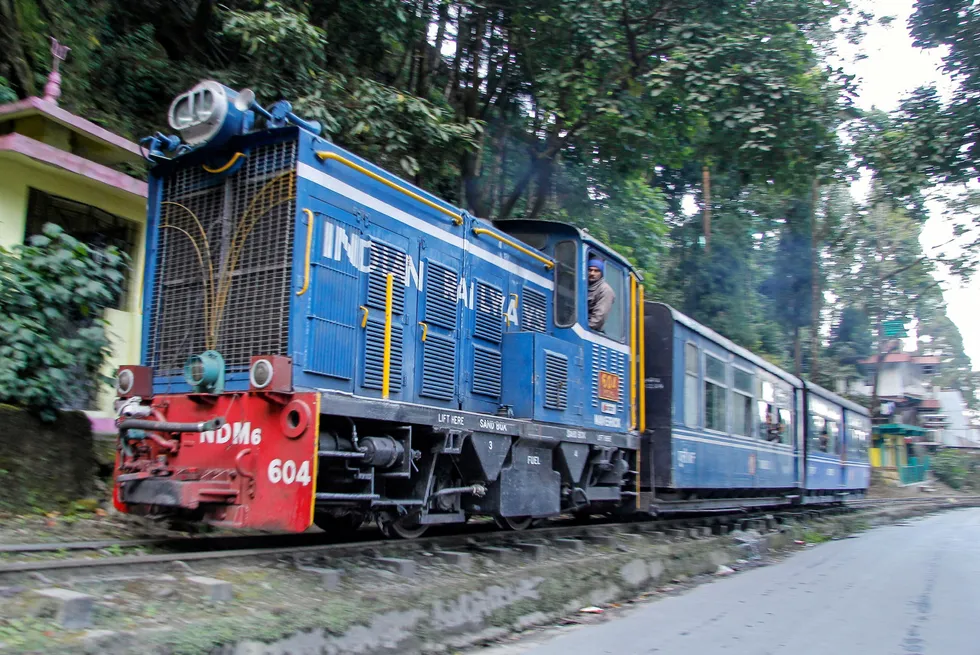Indian Railways will spend $335m on 35 new hydrogen trains — making it the world’s biggest H2 rail operator
State railway firm to spend $9.7m per train across narrow-gauge ‘heritage’ routes — giving it more than twice as many hydrogen locomotives as the next largest operator in Germany
